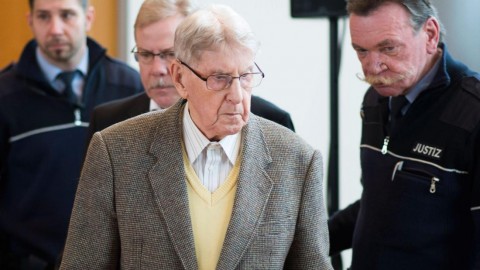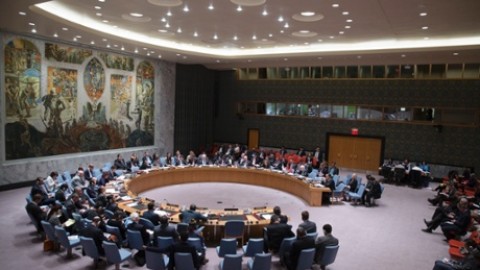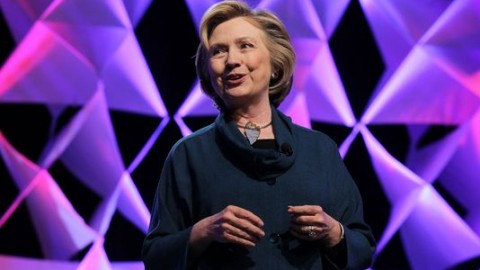The Human Rights Council seeks to bring the victims of the war between Sri Lanka and the Tamil Tigers to justice

Image: AFP
Asia: The UN Human Rights Council has sent across a report to the Sri Lankan authorities, listing all known crimes committed by both sides during the 26-year long war, which ended in 2011. This report garnered a promise to provide justice to all victims from the Lankans, but they were against the court that would have international, UN-sanctioned judges and jury members.
The confirmed victims include nearly 40,000 Tamilians in the last stages of the war alone, near Mullaitivu. This follows the Sri Lankan government’s decision to establish a truth and reconciliation commission as a part of the justice process, led by Mr.Maithripala Sirisena, the Sri Lankan premier, elected in January. A welcome decision, it is in stark contrast to the former government’s attempts to battle away international intervention on the matter. It was led by former President Mahinda Rajapaksa.

Photograph: Reuters
The report provided essential information about the crimes. Stated the UN Commissioner for Human Rights in Geneva (the UN headquarters), Zeid Ra’ad Al Hussein, “Our investigation has laid bare the horrific level of violations and abuses that occurred in Sri Lanka, including indiscriminate shelling, extrajudicial killings, enforced disappearances, harrowing accounts of torture and sexual violence, recruitment of children and other grave crimes”. Hence, he added that it was necessary that an unbiased council of international magistrates and detectives would need to be involved in the investigation of the war crimes in the almost decade-long period. It requested that any Sri Lankan parliamentary member known to be involved in any war offfensives should be rusticated immediately.
The report listed, amongst its various criminal examples, sexual violence and cruel methods of torture against both female and male detainees by security forces and unlawful killings between 2002 and 2011. The two parties were also accused of forceful recruitments of civilians in rebel groups, abductions and disappearances of several thousands of people. Action taken in the form of shellings and bombings didn’t distinguish between civilians or sides. On the other hand, the government is incriminated with apathy and inaction as humanitarian aid was denied by them to the people. Colombo responded with a promise to set up a procedure “with all stakeholders to achieve reconciliation and durable peace”. However, they don’t seem keen on a court of justice and hesitance in its part to hold trials is expected by critics, who had denied any credibility to the Rajapaksa government’s version of what went on in the war. Mr. Sirisena, then again, who was a minister in the Rajapaksa government had pledged support to UN.
The war had left around 100,000 men lost and scores of thousands are still, to this day, untraceable, especially those who were entrapped in the north eastern territory held by the Tamil Tigers (LTTE), who utilised civilians as shields during the battles. Upto 40,000 or more casualties were estimated in the last half year of the war itself.
The UN had documented several of these cruelties (Channel 4) and made the report several months ago, but had delayed its release in consequence to the change in the Sri Lankan government. The UN had also admitted that it could have put a lot more effort into stopping the war through intervention and by saving several rebel leaders, trapped or surrendered.
Source: BBC
Author: Khushi Desai
Tags: Sri Lanka UN







